Renewable Energy
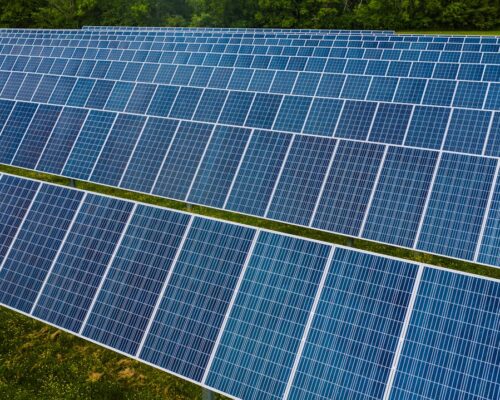
Clean Energy Investment in 2024 Twice Amount for Fossil Fuels: IEA
The IEA’s World Energy Investment 2024 reveals that while clean energy spending is at record levels, the investments still fall short of what is required for a 1.5°C-aligned world. The agency also highlights stark market contrasts and calls for more ambitious policy measures to bridge the financing gap.

G20 Summit 2024: Agenda and Promising Early Signs
The G20 Summit 2024 agenda promises to focus on advancing climate crisis solutions and the clean energy transition, addressing social inclusion, poverty and hunger, scaling up green capital for developing countries, reforming MDBs and discussing taxation on billionaires.
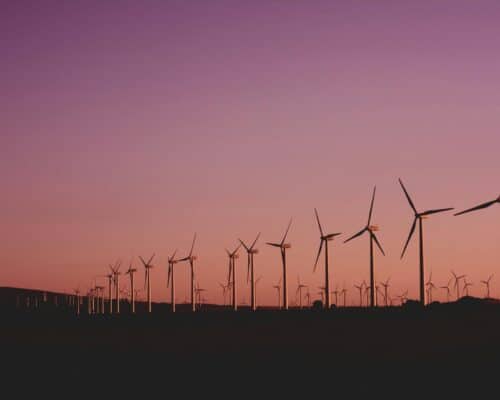
Affordable and Clean Energy: How to Achieve?
In a special report, the International Energy Agency notes that accelerated clean energy deployment will...

Offshore Wind Offers South Korea Huge Economic Opportunities: GWEC
According to the GWEC, offshore wind power can bring South Korea 770,000 new jobs and 87 trillion won (USD 63 billion) in investments over seven years. However, unlocking these gains requires a holistic plan where the government and stakeholders collaborate to introduce favourable supporting policies and advance community-focused offshore wind deployment.

High Costs and Renewables Surge Weaken Asian Gas Demand Forecasts
Long-term gas demand growth forecasts are starting to show signs of weakness due to energy security issues, national decarbonisation goals and the continuously decreasing costs of renewables.
The Renewable Energy Policy in Vietnam Risks Deterring Investors
Maintaining a healthy ongoing dialogue with clean energy investors and project developers is critical if Vietnam is to get back on track and continue stunning the world with its renewable energy progress.
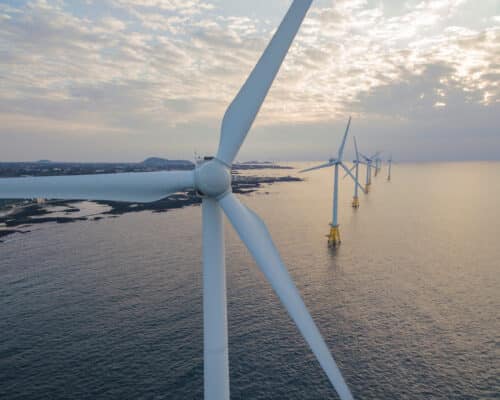
South Korea’s Energy Mix and Its 10th Basic Energy Plan
South Korea's decarbonisation progress so far makes hitting its 2030 and 2050 targets unrealistic. In its current form, the 10th Basic Energy Plan that will come into force this year is unlikely to change that. The country needs more ambitious renewable energy targets, a sentiment also echoed by South Korea's biggest businesses.
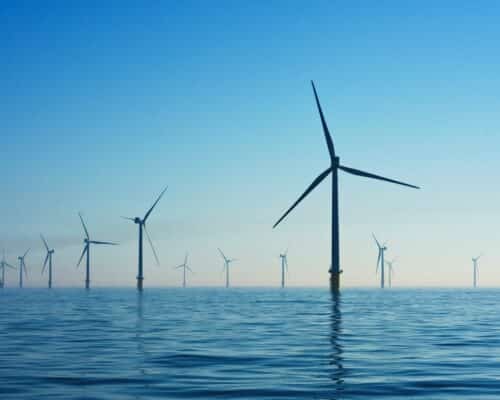
The Climate Leadership of the G7 Now Hangs on Japan
Without ensuring that all members share the same views regarding the energy transition, the G7 will have difficulty leading global climate policy. Convincing Japan of the urgency of phasing fossil fuels out and accelerating clean energy adoption is integral before the G20 and COP29 meetings later this year.
Renewable Energy in Singapore: Sources, Plan and Strategy
Over 95% of the energy currently consumed in Singapore is from LNG and oil. However, the country has robust renewable energy targets for the next several decades, largely driven by local solar energy production and importing clean energy from neighbouring countries.

Renewable Energy in the Philippines – Current State and Future Roadmap
The Philippine's is quickly becoming a renewable energy leader in Asia, with its ambitious targets and plans to contribute and reach net-zero.

Renewable Energy in Bangladesh – Current Trends and Future Opportunities
Renewable energy in Bangladesh is a sector with vast room for growth. As of 2024,...
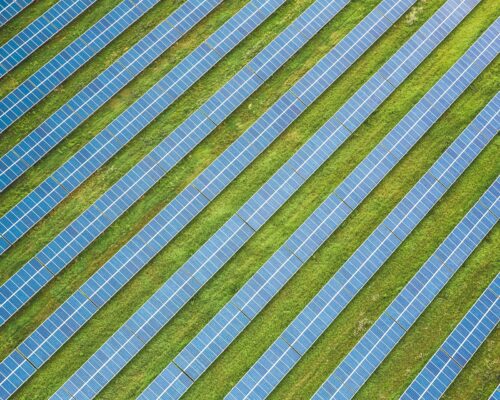
Tripling Renewable Energy Capacity Is Possible, But 2023 Didn’t Help
Despite the record clean energy capacity additions in 2023, leading agencies and market analysts warn that the world is falling short of the trajectory required for a 1.5°C-aligned scenario. Can the G7 and G20 take action to help us change course?
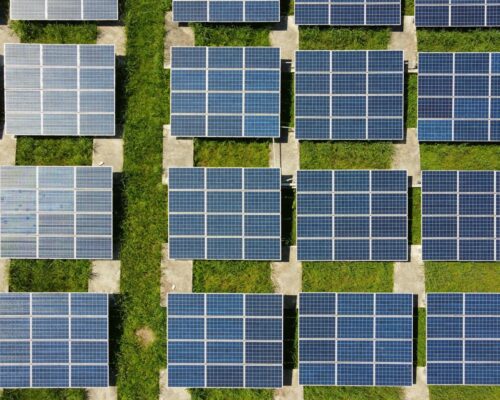
Asia’s Net-zero Transition Outlook 2050: Opportunities and Challenges
Accelerating the net-zero transition across Asia would ensure improved energy security and various economic gains, including cheaper energy, reduced fossil fuel subsidies, green jobs, reduced climate change costs and more.
Most Popular
Categories
-
10
-
34
-
126
-
4
-
17
-
46
-
52
-
11
-
10
-
15
-
24
-
6
-
1
-
5
-
6
-
282
-
200
-
17
-
24
-
1
-
1
-
23
-
41
-
44
-
88
-
18
-
86
-
41
-
17
-
11
-
43
-
54
-
86
-
299
-
22
-
44
-
36
-
10
-
42
-
36

